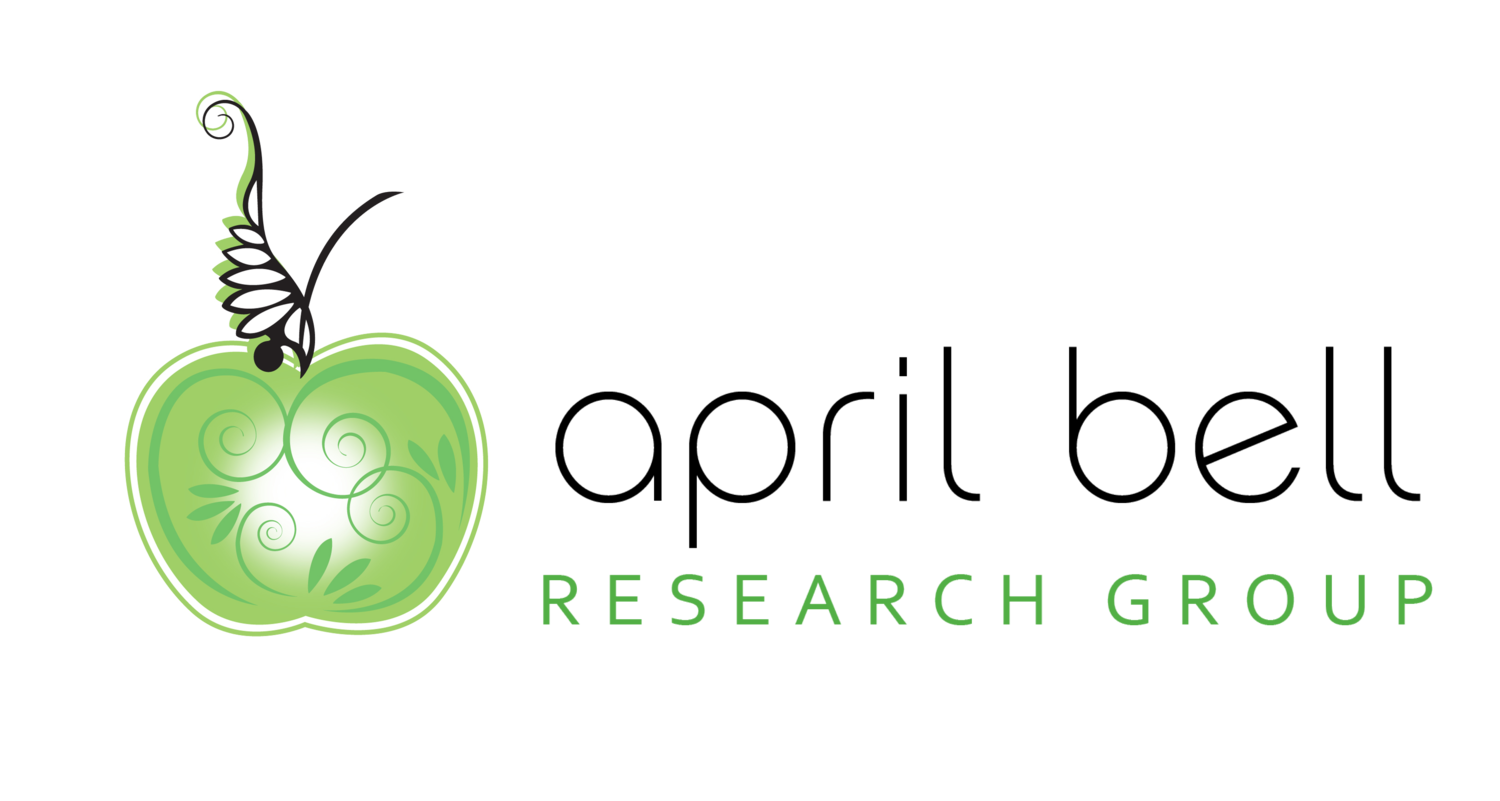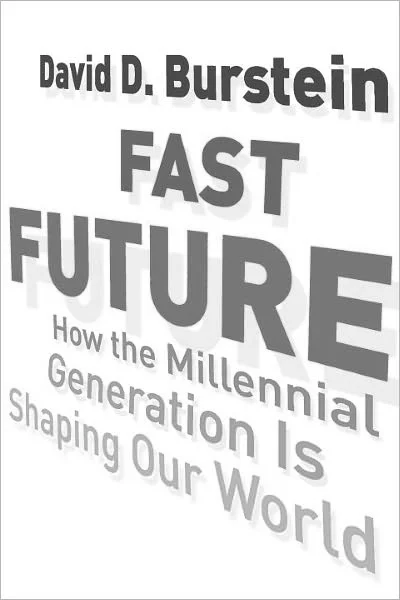Late last week, I wrote about my first wave of anxiety when COIVD-9 shifted our spring break plans, and life as I knew it began to change.
Only a few days later, it has changed in ways I wasn’t really expecting. Yes, I think I have enough toilet paper now but I’m recognizing my new reality - the seemingly impossible task of juggling the work I have to do with the fear of not having work to do.
All the while being mindful of my child’s many needs, whether it be something to keep her active, learning, socially isolated, oh and food. Yes, I must ensure she has food to eat. And I’m doing it feeling more and more alone. The reality of us all doing our part of social distancing to help flatten the curve is upon us.
But as I watch from afar my clients, friends, family and neighbors all trying to make sense of their world, too, I realize I’m not alone. We are all on our individual journey to “nest” and create a new safe environment that includes getting our basic “physiological” needs (health, money, food, etc.) stabilized. Based on Maslow’s Hierarchy of Needs this is foundational to everything else.
So, as I strive to climb up Maslow’s Hierarchy to the next level - “safety”, I recognize the hack I use in my research is to stay curious.
And as I strive to climb on up the ladder yet again to Love & Belonging needs, I recognize my desire to connect. So that I don’t feel so alone. I want to connect in a way that feels real and authentic, albeit virtual.
In addition to sponsoring a study by conducting Empathy Interviews (click here if you’re interested in getting paid for an hour webcam interview on how COIVD-19 is impacting you), we are also starting a private Facebook group for those who are interested in: Combatting COIVD-19 via Empathy Co-Creation.
Why?
Because we need a judgment-free zone to express how we’re feeling, and what we need.
Because everything new in the market in mass began with understanding emotional needs.
Because when we come together and co-create for greater good, we all win.
Because the time is now for companies to listen carefully to what people need and create.
In this group, we will have a larger conversation led by me to understand your biggest frustrations, worries, fears, shifts in behaviors. We want to understand the biggest problems to solve - right now – in light of our environment.
This is an exclusive group – people who are committed to creating possibility from need.
Before you click to join , let me tell you more about how this group will be managed and who we want in the group. The objective is to create a sense of freedom so that members can fully express.
This is how we do “focus groups” – in person or virtual - that are Made With Empathy:
We “listen” to each other’s vulnerability, not to solve it, but to experience it.
We ask questions to understand, not to teach or educate.
We collaborate by acknowledging what others are saying.
We express frustrations (not complaints) with statements that begin with “I wish for” or “I wish that…"
We build on what people say with sentences that begin with “Yes and…"
We observe what is needed with curiosity and move to thinking about “What if…"
We believe that most people are doing the best they can and are on their own journey, even if it looks different than our own.
We stay out of judgment and step back into curiosity.
If this is of interest to you, your voice needs to be heard, and trust me, companies are listening. They have no choice but to listen.
After 15 + years of conducting this kind of research for large companies, I am ready to facilitate a broader connection between companies who are hungry to know how to shift in this crisis, and a large community of consumers who need new things.
So that we can rise up out of the virus ashes together, in community, into a world that makes more sense. And selfishly, I want to stay sane… and this is my way of keeping my sanity.






















